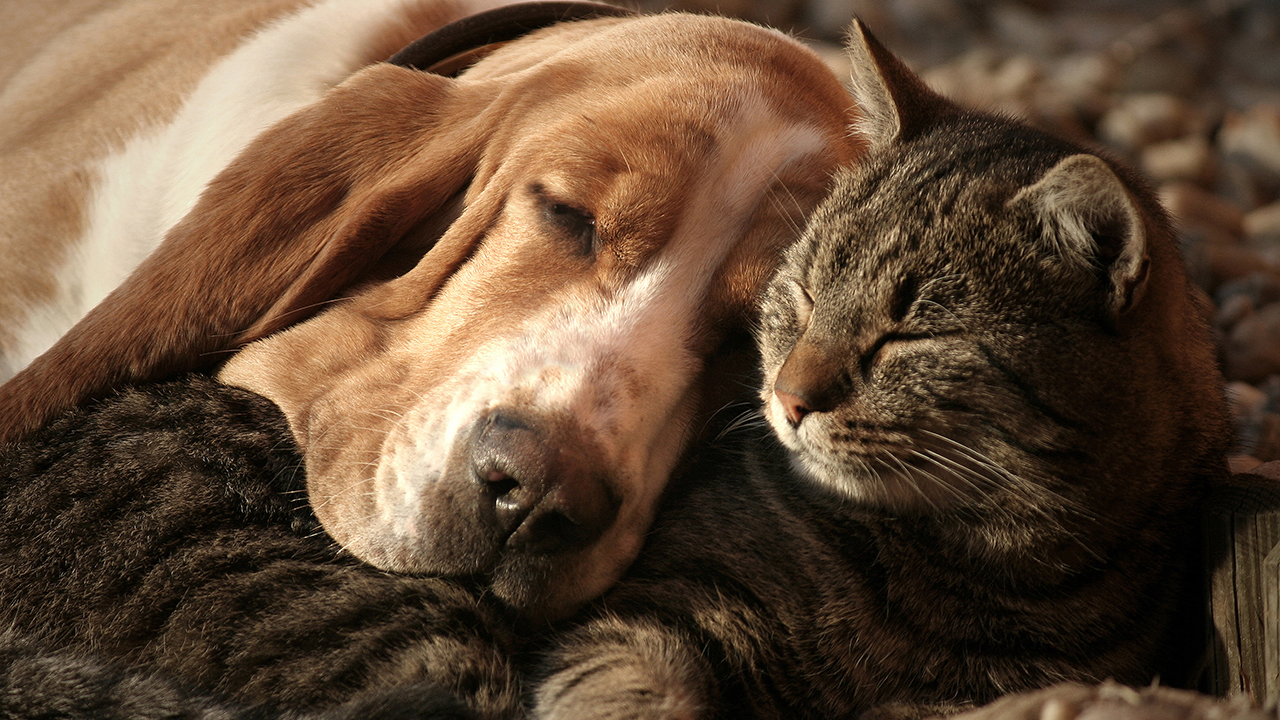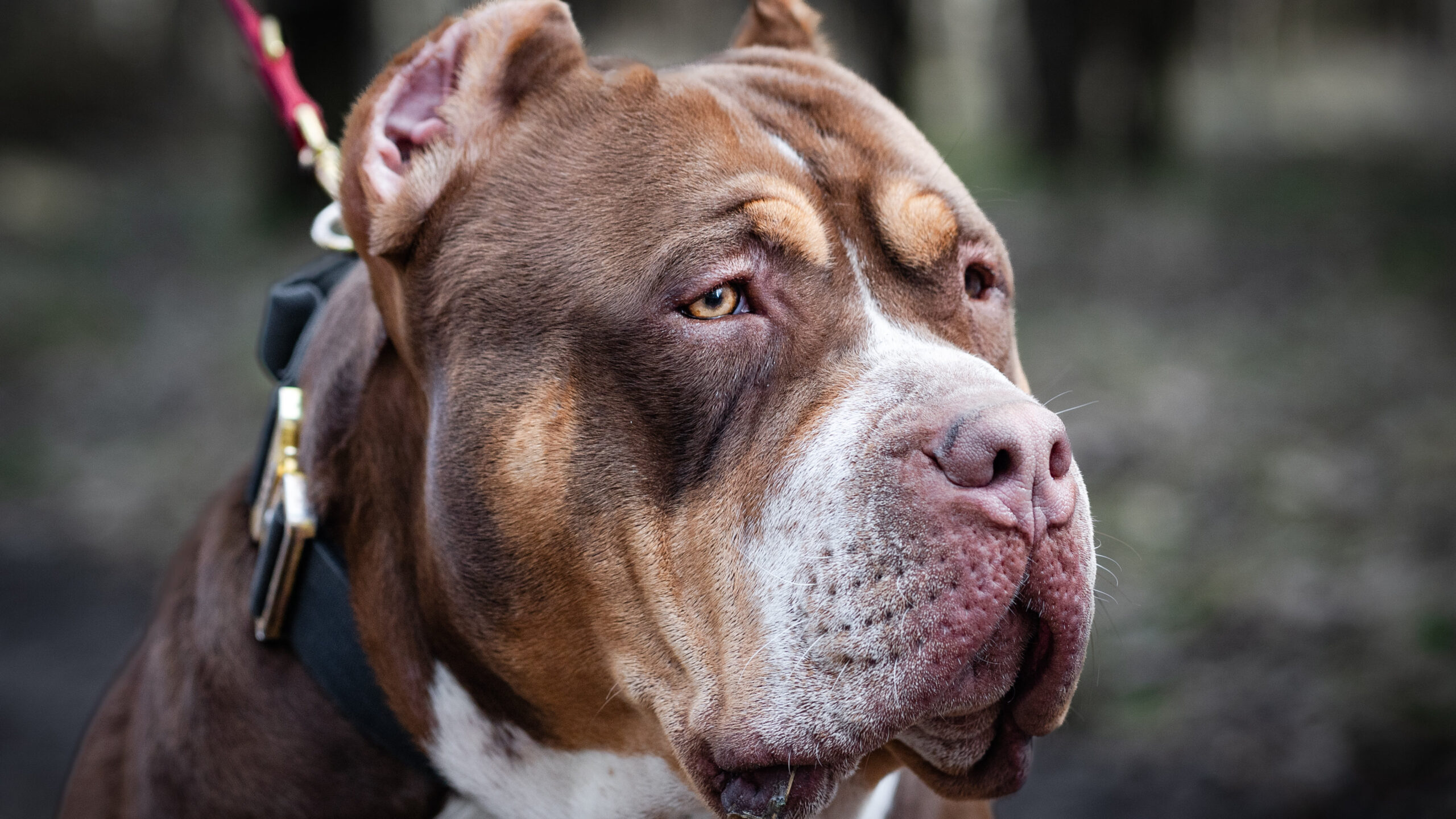Can I keep a pet?

We know pets are important for our health and wellbeing, so in most circumstances the answer is yes you can.
However, pet ownership carries with it responsibilities. You need to consider whether your lifestyle or home is suitable for your pet and whether it can be housed securely and properly cared for.
Only tenants who live in our older person accommodation with a front door onto a communal corridor are required to ask for our consent and must sign our Pet Agreement to confirm they are happy with what we are asking them.
The Pet Agreement (policy) includes additional responsibilities specific to our older persons complexes. These complexes are; Trevor Bowen House, Plas Mawr, Radstock Court and Cwrt Severn.
You are automatically granted permission to keep a registered assisted animal such as a guide dog for blind and partially sighted people or hearing dog for deaf and hard of hearing people.
If you have any convictions in connection with animals, you must not keep pets. The police will be informed if you are legally prohibited from taking care of a pet and one is discovered in your home.
Your responsibilities if you have a pet
- If we say it is OK for you to keep a pet in your home, you’ll need to make sure your pet doesn’t cause damage to your home and that all pet mess is quickly cleaned up. If any damage is caused, it’ll be up to you to repair it at your own cost as soon as possible.
- You must not modify your home to keep a pet without MHA’s prior permission (e.g. install fencing or build outdoor sheds).
- You are responsible for cleaning up any mess your pet leaves in communal (shared) areas straight away.
- Cat owners must use litter trays and take action to discourage their pets from using neighbour’s gardens and communal spaces. If MHA has to clean up, you will be charged for the cleaning.
- Pets must not be left unattended for a long period of time. If you are going to be away from your home overnight, you must make arrangements for the proper care of your pet(s).
- You are not allowed to breed /sell pets nor run a pet boarding business from an MHA property.
- You’ll need to regularly treat your pet for fleas and worms – if you think your animal might have fleas, treat the problem straight away.
- You’ll need to always keep your pet under control and stop them from disturbing or annoying anyone else (such as your neighbours) – remember to be considerate of your neighbours as not everyone likes animals, and we’ll always take any complaints from your neighbours very seriously.
- You must make suitable provision for a pet should you become unable to take care of it either on a temporary or permanent basis. Otherwise, you will be charged for our intervention involving their care/rehoming. You are also responsible for ensuring that your home is clean and free for pet smells when vacating. Again, if necessary, you will be charged by MHA to remedy this.
- You should ensure your pet (e.g. dog, cat, ferret and rabbit) is microchipped and neutered where appropriate. Also that pets are housed apart if needed to prevent breeding.
FAQs
The number of pets you can have in your home is dependent on the type of property you live in and your ability to properly care for them. You must not house a number of pets that will/may breach your tenancy agreement (known as Occupation Contract), the Pet Agreement nor the law in any way.
Non-domestic animals e.g. primates, livestock, poultry or horses (not exhaustive list) cannot be kept as pets in an MHA property.
Animals recognised under the Dangerous Wild Animals Act 1976 (as amended) or Dangerous Dogs Act 1991 (as amended) must not be kept as pets in MHA properties.
If a dog has secured exemption from the latter and has been placed on the Index of Exempted Dogs (IED) we may consider allowing the dog to be kept as a pet under the guidance of the RSPCA.
Any species prohibited by trade, import or export as detailed by the Endangered Species (Import and Export) Act 1976 (as amended) must not be kept as pets in MHA properties.
All dogs must, by law, be micro-chipped and wear a collar with the owner’s name and address on when in a public place. Whilst not currently compulsory in Wales, it is good practice for all responsible owners to get their cats microchipped. Even those kept solely indoors in case of escape.
Read and familiarise yourself with the applicable Welsh Government Code of Practice on keeping pets – available on their website.
You must seek permission from MHA and bury them at least 3 feet down (consider cables and pipes first) bury away from a water course and be sure the deceased pet did not die of an infectious disease (or they should be cremated).

Information about X L Bully Dogs
Legislation came into effect in October 2023 which added the XL bully dog breed to the Dangerous Dogs Act.
Owners of XL Bullies are now required to apply for an ‘Exemption Certificate’ to show that their dogs are neutered, microchipped, lead trained and will use a muzzle when in public.
From 1 February 2024, owners without a ‘Certificate of Exemption’ face a criminal record and an unlimited fine if they are found to be in possession of an XL Bully type, and their dog could be seized.
Additional information about the ban
You can read more about the legislation and how to apply for a Certificate of Exemption’ here:
